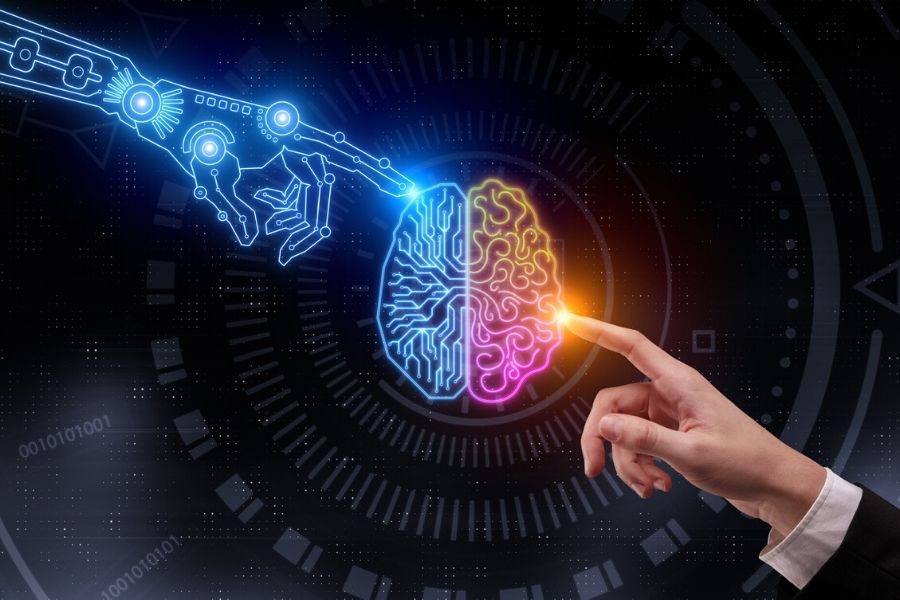
Forget AI; Intelligent Automation is the New Breakthrough
The growth of intelligent automation (IA) and its continued development should be perceived alongside AI's advancement to get a clearer perspective of where we remain as far as technological advancement

Image Courtesy- Analytics Insight
Humans have misconceived robots. They are often observed as employment thieves, undermining labourers with redundancy. Artificial intelligence just aggravates their apparent danger. Machine intelligence can supplement human intelligence. We, humans, are innovative, creative, vital and strategic. Robots are more qualified for tasks that people dislike and find difficult. The assessment of tremendous amounts of information and search for patterns in that information may include interminable repetition. It would debilitate any human brain, but not robots.
However, AI’s progression can't be achieved in confinement. The growth of intelligent automation (IA) and its continued development should be perceived alongside AI's advancement to get a clearer perspective of where we remain as far as technological advancement.
With intelligent automation technologies, businesses can change their procedures, accomplishing higher speed and accuracy, yet in addition, automating anticipations and decisions based on structured and unstructured sources of data. The convergence of modernized AI and Robotic Process Automation (RPA), dramatically elevates the business value and competitive edge for organizations, significantly giving rise to intelligent automation processes.
Amplified Value of RPA Along with AI
As it stands now, RPA and AI have individually established themselves as pronounced and extensive technologies revolutionizing various businesses verticals. However, any technology alone has varied limitations and that is why experts suggest to couple diverse technologies for enhanced prospects. “RPA is a great technology; however, the fact is that no tool today can provide transformation across the breadth of processes. Most organizations today are using patches to piece together a broader solution to meet their needs. As a result, the number of organizations that have scaled up automation are low as compared to the total number of early adopters of automation. RPA needs to be coupled with Artificial Intelligence (AI) capabilities like Intelligent Character Recognition (ICR), Natural Language Processing (NLP), Smart Analytics, and Machine learning to provide broader level of automation. In the near future, we will see more integrated tools that can provide real transformation to organizations,” says Siddhartha Singh, CEO, Quale Infotech Pvt. Ltd.
Businesses that eventually adopt intelligent automation technologies will lead the route in their sphere of work. All things considered, it is substantially ahead of direct process automation. IA innovation has the ability to comprehend procedures that are applicable to a business’s usual way of doing things and can execute themselves in accordance. However, to make the most out of IA, it should be in sync with the defined orchestration architecture, where machine-settled decisions are evaluated by humans to yield better results.





